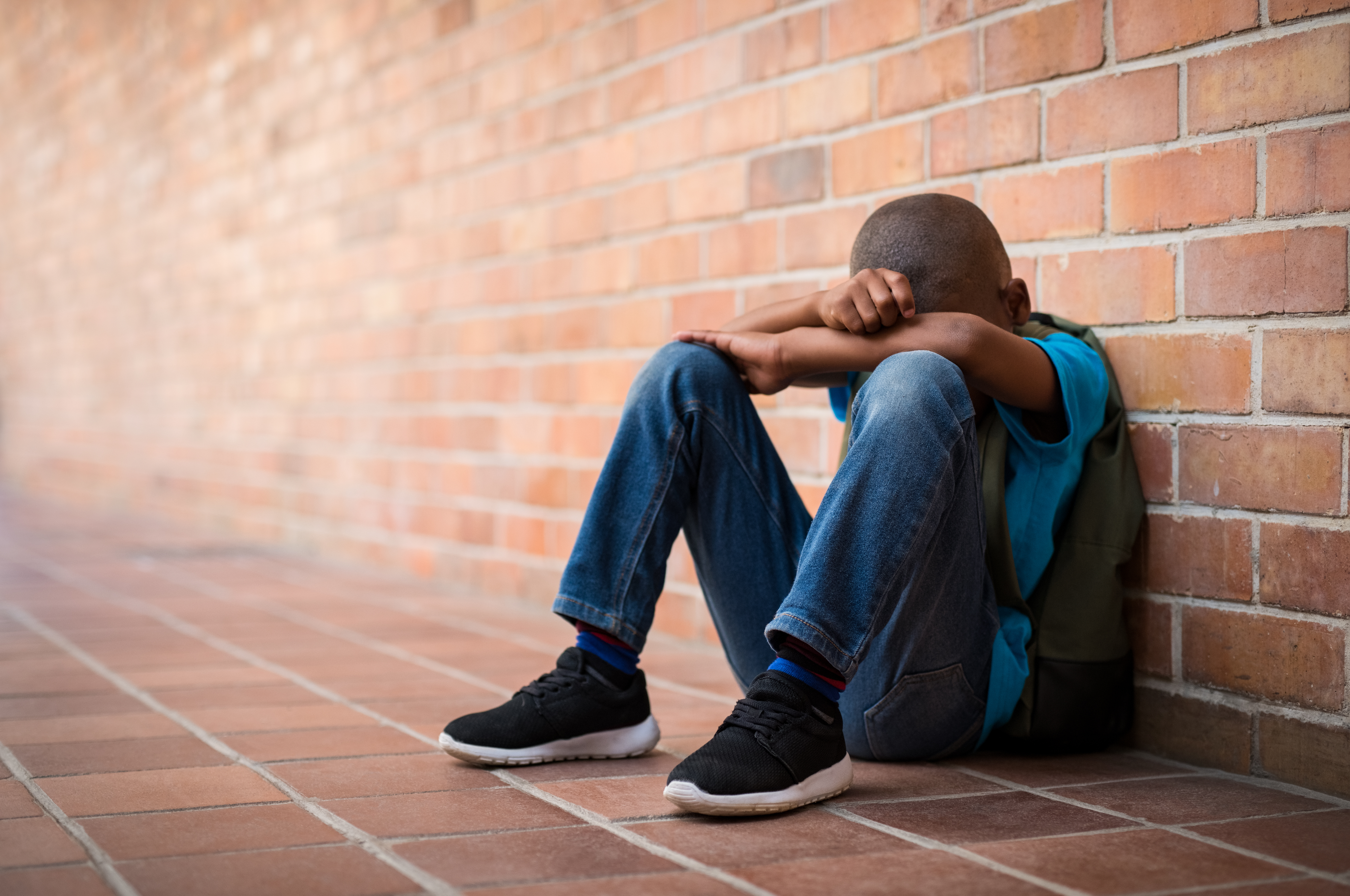Helping children to get through divorce
When parents decide to divorce, it can be a devastating time for the family. Parents are often dealing with deep distress themselves, whilst having to sort housing, custody and supporting their children to adjust to the change. Whatever the circumstances, it’s a huge upheaval. Navigating the complexities of raising children alongside this, when no longer operating as a ‘nuclear’ family, makes it harder still.
As a child and adolescent counsellor, I’ve worked with lots of families going through separation and divorce, and I know how difficult it can be. Most of the children I see love both their parents immensely and hate having to choose between them. What they need most is for their parents to get on well enough for them to feel safe and secure, but getting along with an ex can be tricky. Keeping children out of any conflict, however, will preserve their well-being and give them a sense of control and security in their lives.
How to support children through divorce
So how do we get our children through this difficult time? Here’s my top 5 tips for getting your child through your divorce:
1. Remember your child loves you both
This can be really hard for parents initially. Especially where one parent has stopped loving the other, or there's been heartbreak or infidelity. Maybe one parent was a stay at home parent and the other always worked. To the child, the relationships may be different but the love is the same, and the circumstances of the split aren’t always important or relevant to them.
For most children, they love both their parents the same regardless of how or what happened (unless there’s been abuse or safeguarding issues within the family), so it’s important to honour your child’s positive connections with their other parent. Your child will still love you, even if they spend time and enjoy being with their other parent. They will always need you and you can never be replaced, but it’s their right to love and know both of their parents; regardless of how they broke up.
2. Focus on your child's happiness
Perhaps the separation was not the outcome you wanted for your family. In an ideal world, parents would happily stay together and remain under one roof. But with the children I work with, usually feel much better when their parents are happy and no longer fighting, even if that means being under separate roofs. If your relationship has come to an end, the best thing that can be done is to grieve, heal, and move on with your life the best you can. Being a single parent can be a daunting prospect, but It certainly isn’t the end of your life and there is support out there. There are still many happy memories to be created from the wonderful parenting experiences that take place. Your child wants you to remember that they’re still here and they love you - and they like to be reminded of that also! Look out for the opportunities to be together and enjoy special moments. All is not lost and life really does move on.
3. Allow your child to be a child
This one can be difficult as newly-separated parents can sometimes feel lonely and may need a friend to confide in. It can feel tempting to lean on your child when you're feeling sad or lonely, maybe even start talking to them about the divorce itself. This can be slippery territory. CAFCASS, the Child and Family Court Advisory Service, recommends that children are given small amounts of consistent, child-appropriate information and that the subject is just very lightly touched on, rather than discussed in great detail. Ask yourself ‘Why am I talking to my child about this? Do they really need to know all the details? Do they have to take sides? And who will benefit from this conversation?’ Answering these questions will help ensure that the information that we’re sharing with children has their best interest at heart, and won’t upset or confuse them. Instead of turning to your child, you can use these CAFCASS resources, talk to a trusted friend or see a therapist to talk through the divorce away from the ears of the children.
4. Give your child a stable routine
Whatever the custody arrangements, your child needs to know what they are. They also need their favourite teddy, bag, coat and school shoes to be able to move smoothly and effortlessly between their two homes. It can be very unsettling for children if they’re not sure where they’re going to be from one day to the next. Sometimes having a visual timetable or a diary shared between families and parents can be really useful in keeping the arrangements clear and transparent. Having a shared message book that goes between the two homes can also be helpful for keeping communication going.
Most importantly, remember the bigger picture. An unreturned jumper here and there, or the occasional plans changing last minute, will not have a negative impact on your child. It's okay to be flexible and let things go for your children's sake.
5. Remember your child is not a possession to be fought over
In a divorce, money, finances and belongings become things to be divided and shared out equally between couples who are separating. It can be easy to include the children within this list. But children are not possessions to be ‘shared out equally’. They are living, breathing entities in their own right and they do not care for what's fair and equal in the eyes of their parents. Your child wants to continue their normal life as much as possible and it's the parent's role to make sure that they’re able to do that.
Depending on the age of the child, it may disrupt their development to be suddenly uprooted from their stable life. A period of transition is expected during a divorce or separation, but if managed effectively and sensibly by the parents, most children will come out the other side fairly unscathed. They may dip for a while, but after some time has passed they’ll usually move through any difficulties or disruptions and arrive at a ‘new normal’. Perhaps even thrive under a new, happier arrangement.
Sharing children after a separation can feel like a minefield and it’s a trying time for everyone involved. Remember that your mental health matters too! So go easy on yourself, draft in as much support as you can and ask for help when you need it.
If you’re going through a divorce or separation and you think your child may benefit from counselling, why not take a look at our counsellor directory, or.
Disclaimer:
The advice in this blog is not aimed at families where there’s been domestic abuse.
- General mental health (32)
- Counselling (25)
- Anxiety (11)
- Generalised anxiety (10)
- Depression (7)
- Anger (4)
- Relationship Issues (4)
- Self-Harm (4)
- Suicidal Thoughts (4)
- Autism (3)
- Classroom Behaviour (3)
- Eating Disorders (3)
- Eating Issues (3)
- Loss (3)
- Phobias (3)
- Safeguarding (3)
- School Issues (3)
- LGBTQ+ (2)
- SEMH (2)
- SENCOs (2)
- Secondary & Sixth Form Schools (2)
- AAC (1)
- Absenteeism (1)
- Autism Support (1)
- Looked After/Adopted (1)
- OCD (1)
- Primary Schools (1)
- Social Communication (1)
- Trauma (1)
You may also like
These related stories

Protecting your child’s mental health when they’re using social media

The impact of loneliness during childhood and how to offer support
